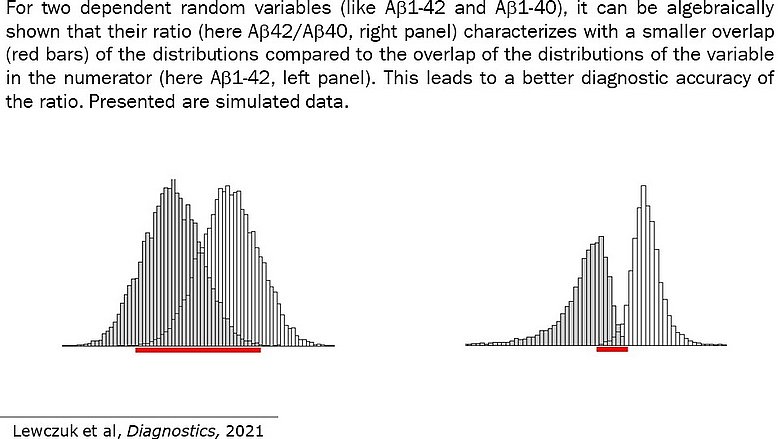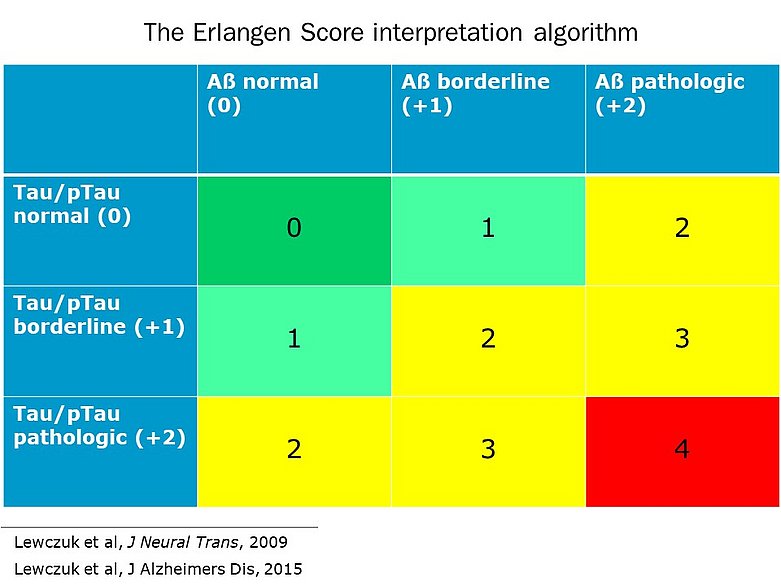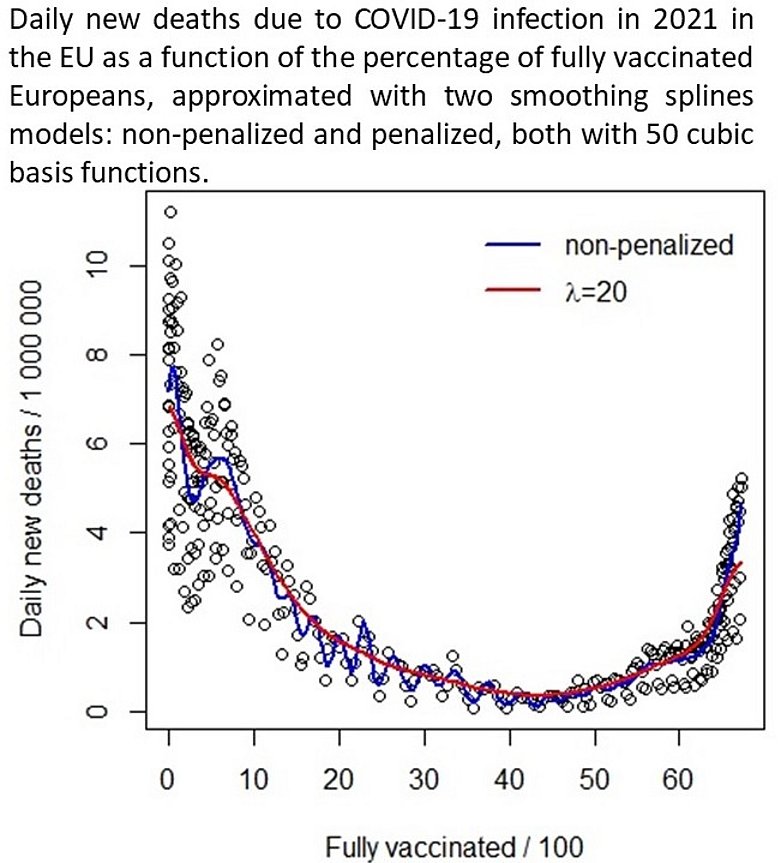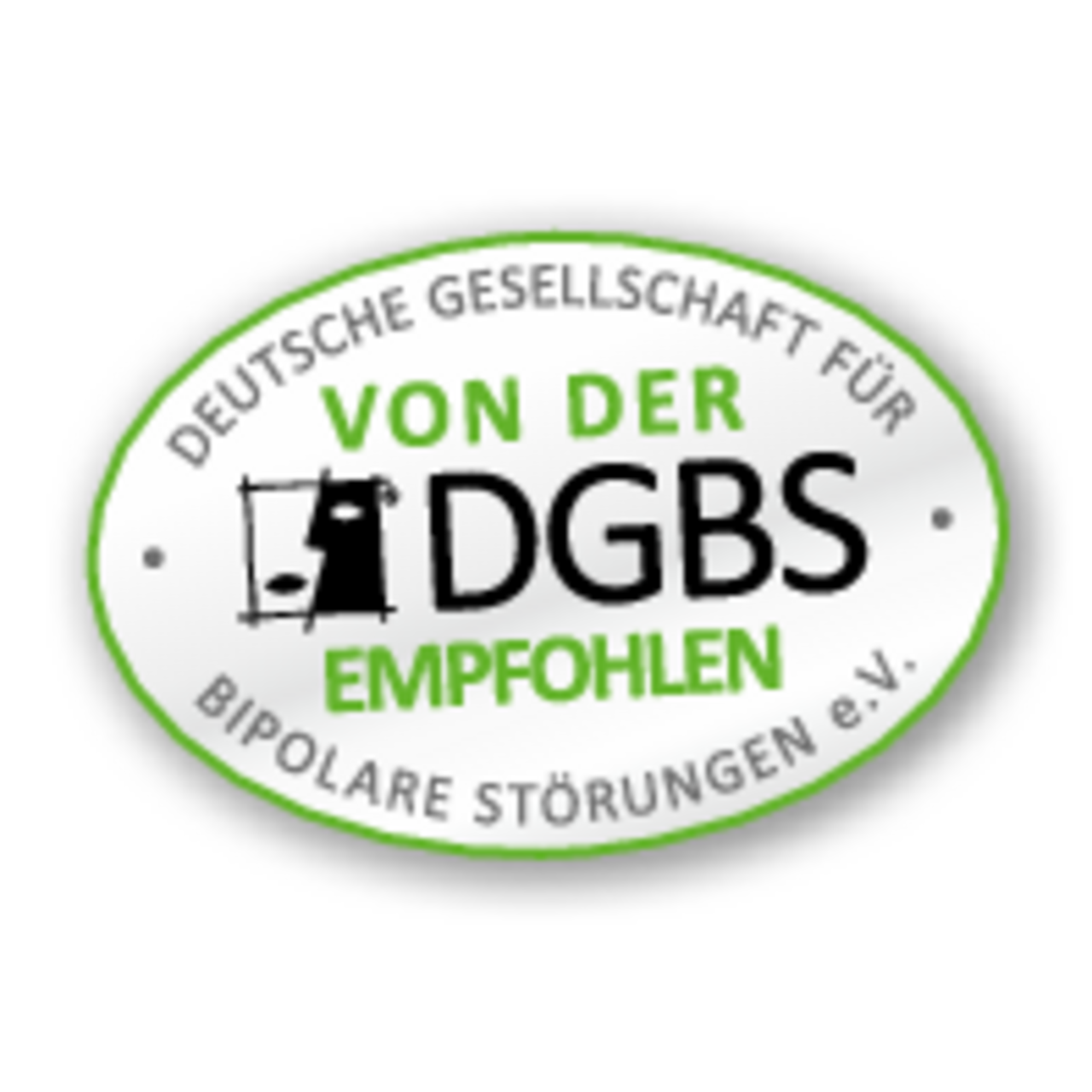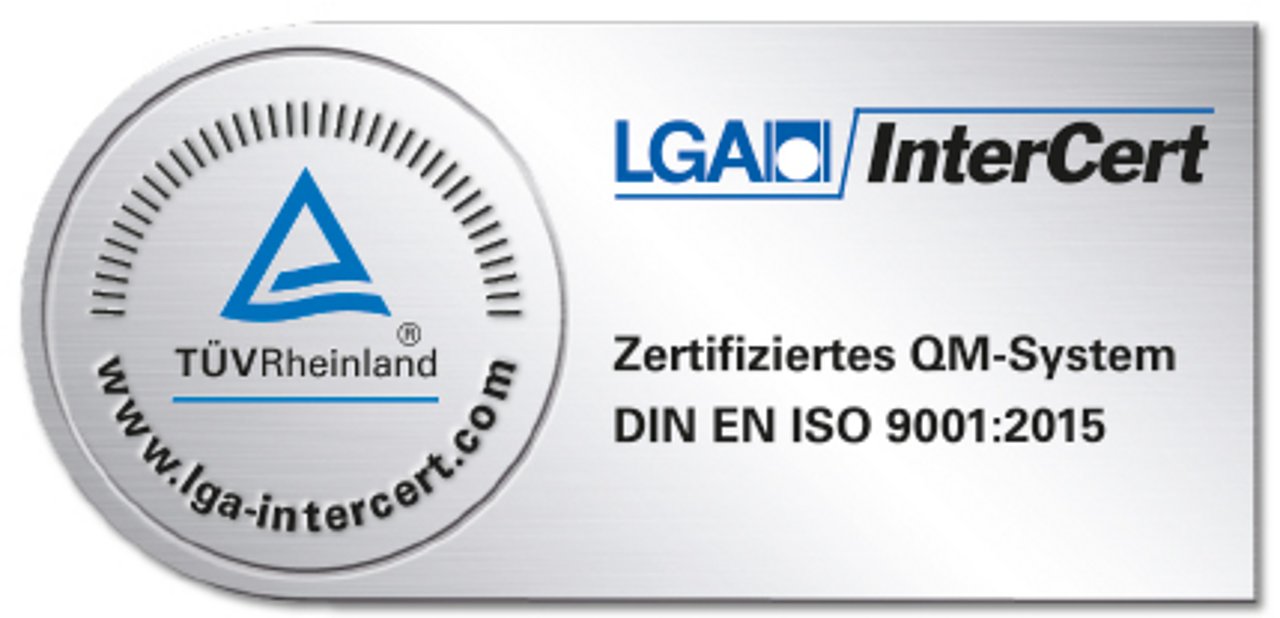Clinical Neurochemistry and Neurochemical Dementia Diagnostics
For almost twenty years, the research group Clinical Neurochemistry and Neurochemical Dementia Diagnostics has been working on the analysis of the cerebrospinal fluid (CSF) from the point of view of its diagnostic role in neurologic and psychiatric disorders, with a special focus on the diagnosis of neurodegenerating conditions, like Alzheimer's Disease (AD).
The head of the group, Prof. Dr. med. Piotr Lewczuk, MSc, leads the Laboratory for Clinical Neurochemistry and Neurochemical Dementia Diagnostics at the Department of Psychiatry and Psychotherapy, Universitätsklinikum Erlangen. This ISO 15189-accredited lab is one of the mostly internationally-recognized European center for neurochemical dementia diagnosis (NDD).
We are particularly interested in biomarkers’ discovery, validation, standardization and transfer into routine analytical programs. Furthermore, we work on development of clinically-oriented, routinely applicable interpretation algorithms that enable reliable interpretation of the NDD biomarkers across laboratories and analytical platforms.
In the early years of the 21st century, we were the first center worldwide to introduce the Amyloid β 42/40 (Aβ42/40) Ratio into diagnostic routine, a development which has been thereafter globally accepted and is considered a standard in the modern neurochemical AD diagnostics. Almost twenty years later, and following hundreds of empirical studies published worldwide that reconfirmed its utility (you may find a review here), in 2021 we were finally able to show a fundamental theoretical explanation of the diagnostic superiority of the Aβ42/40 ratio over the Aβ1-42 concentration on the ground of the probability theory, which you may find here.
The Erlangen Score is the second major achievement of the group. This interpretation algorithm introduced in 2009 allows a classification of complex patterns of the NDD biomarkers into one-dimensional ordinal categories, spreading from “no evidence of neurodegeneration” to “neurochemically probable Alzheimer’s Disease”. This is particularly relevant for the evaluation of the progression probability at the Mild Cognitive Impairment (MCI) stage. The algorithm takes the borderline outcomes into consideration, which results from biological dynamics of the disease or imprecision of the laboratory method. Virtually all validation studies performed so far reconfirmed its utility for the interpretation of the CSF AD biomarkers. More on the algorithm, as well as on biomarkers of AD in general, you may find in an extended review here. Erlangen Score is easily programmable in laboratory software (like Swisslab®) for a fully automatic performance; let us know if you are interested in getting support.
Finally, the group is also active in biostatistics and mathematical disease modelling, which extends our research interest and expertise beyond neuroscience. Of particular relevance are: mathematical statistics, longitudinal and hierarchical models, Bayesian statistics, P-Splines and Laplace approximations, Machine Learning, and modelling with differential equations. An example you may find here. Our biostatistical know-how is of course available for all researchers. Just give us a call or send us an e-mail . From time to time, Prof. Lewczuk offers seminars and workshops introducing fundaments of the probability theory and statistical methods (not only) to neuroscientists.
All publications of the research group Clinical Neurochemistry and Neurochemical Dementia Diagnostics you may find here.

